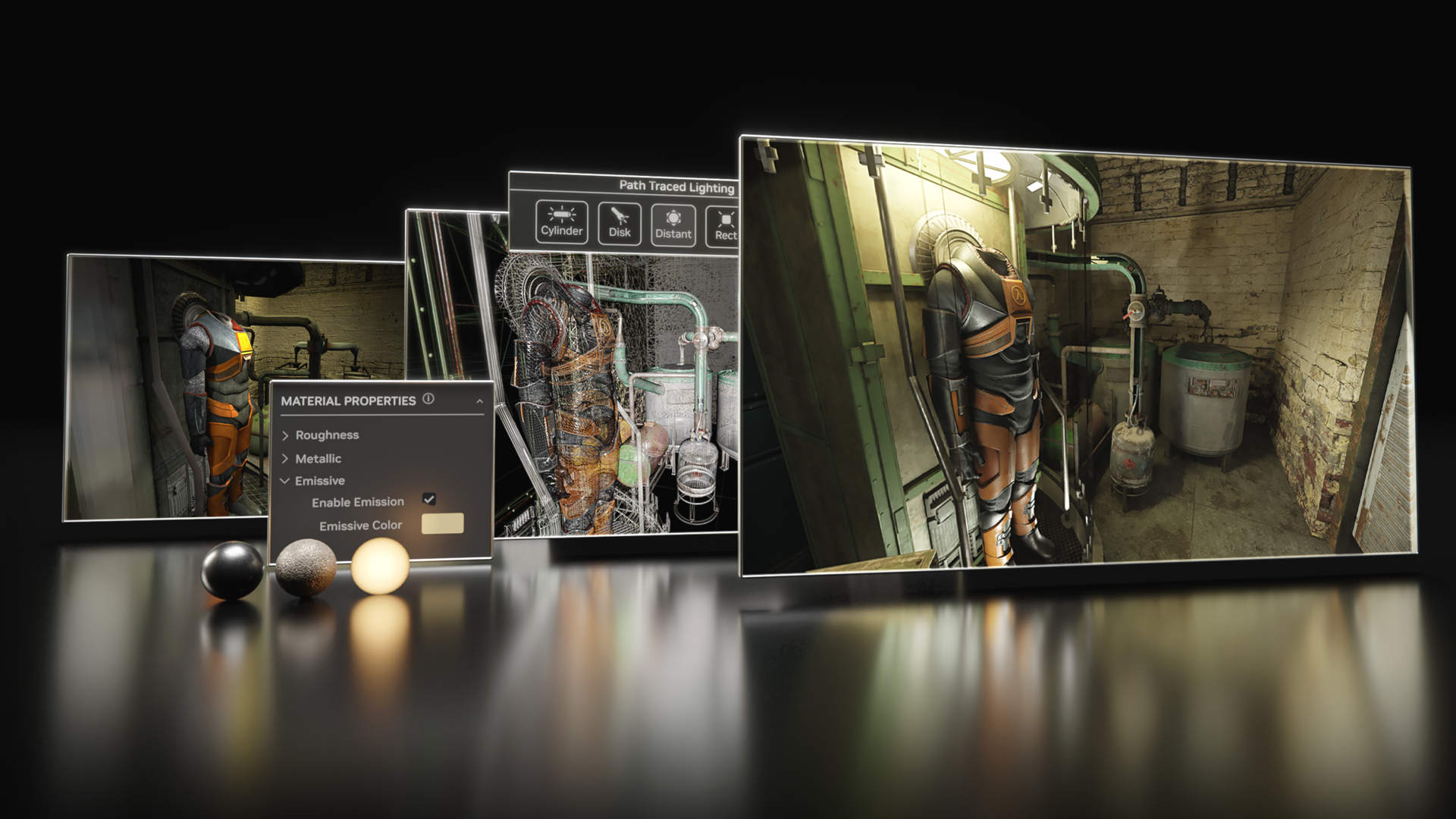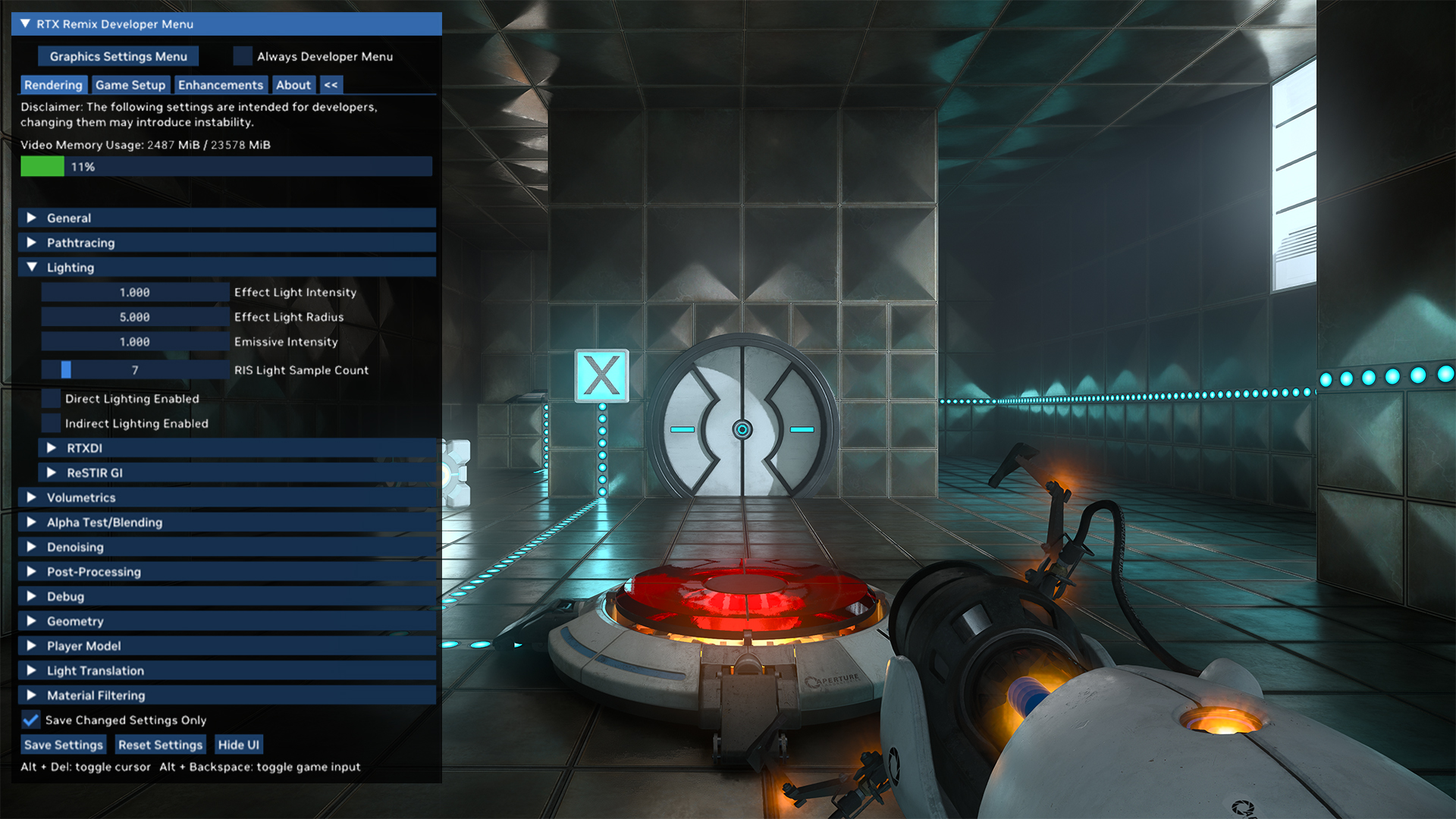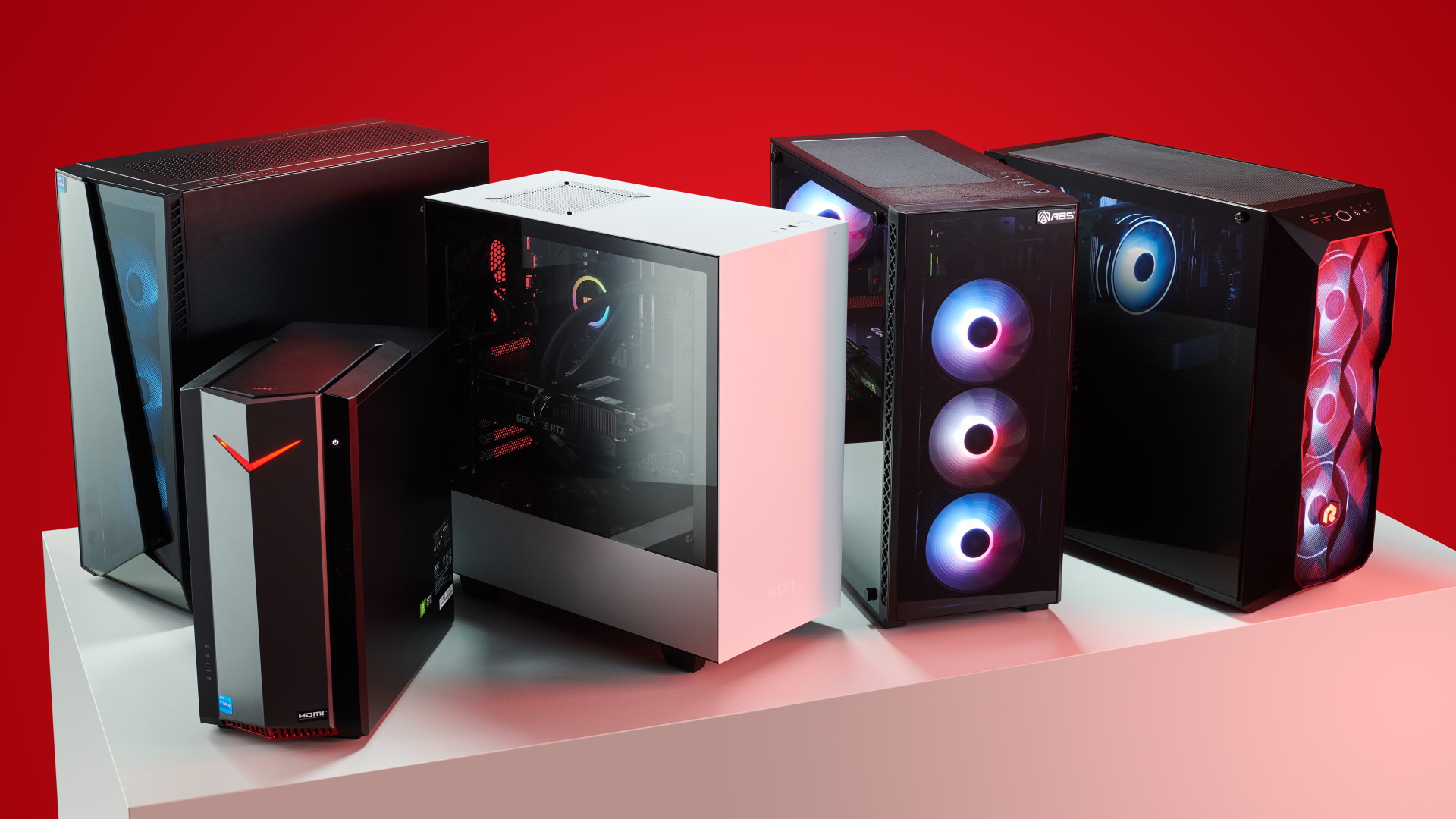The open beta of Nvidia's RTX Remix is ready to grab: Remaster your favourite old games to give them a massive graphics upgrade
Does this mean it's cool to like Nvidia now?

Do you have an old game that you wish was remastered to make full use of today's graphics technologies? For me, it's the original Deus Ex , and I'd love to see that with modern lighting and fully ray-traced. We've had some so far, of course, such as Quake 2 and Portal, but these weren't mods, as you had to download the entire updated game. Now, with the release of Nvidia's RTX Remix open beta, you'll be able to do it yourself to any DirectX 8 or 9 game
Modding games to change how they look or run has been around for as long as there have been games, but the scene now is a huge industry by itself, with vast databases of textures, levels, and entire remakes of games all available.
But overhauling the graphics of an older game is no small task, especially when it comes to writing code for better shaders and the like, and that's where RTX Remix comes in.
Nvidia first announced it back in September 2022 and its premise was sheer brilliance: Run an old game and use the Remix tool to capture its assets (e.g. texture maps). The program then lets you apply some modern magic to them, increasing the resolution and applying far better lighting.
Once done, you can either bundle it all into a universal pack that can be uploaded to a mod database for others to use or you just inject it back into the game and enjoy the sparkly new visuals.
RTX Remix has been kept out of the public's hands, with only a handful of select developers permitted to use it. Well not anymore, as the latest beta version is fully open to everyone.

So, what do you get? There are two main tools: one is a runtime used to capture a game's assets, as well as inject updated ones back into it, and the other does all of the asset magic required. With the so-called creator app, you'll be able to do some pretty neat things:
Keep up to date with the most important stories and the best deals, as picked by the PC Gamer team.
The runtime lets you experiment with new lighting models and other shader effects in real-time, as you're playing the game. This also includes enabling other aspects of Nvidia's technology portfolio, such as DLSS 3, Reflex, and RTX IO.
Half-Life 2, a somewhat famous game (so don't worry if you've never played it before), is currently getting the full RTX Remix treatment by Orbifold Studios. Literally every RTX bit of tech is being shoehorned into it but ignore that: Just look at what better models, textures, and lighting do to the game.
An especially nice aspect of RTX Remix is the mod format it generates using the OpenUSD framework (Universal Scene Description), which means the upgraded assets can be further tweaked in tools such as Blender.

Best gaming PC: The top pre-built machines.
Best gaming laptop: Great devices for mobile gaming.
And to make it even easier for folks to distribute their Remix mods, Nvidia has teamed up with the owners of ModDB.
There will be a section of the biggest modding database specifically for RTX Remix projects, allowing you to store up to 50GB of work, plus it will maintain a list of games that do and don't work well with Remix.
I can't wait to start experimenting with RTX Remix and while I might not be able to make Deus Ex look all nice and ray tracey, there is something else that's really piqued my interest. I have a lot of fond memories of using some of the old 3DMark benchmark tools and if I can give any of them a coat of RTX paint, then I'll be a very happy chap.

Nick, gaming, and computers all first met in 1981, with the love affair starting on a Sinclair ZX81 in kit form and a book on ZX Basic. He ended up becoming a physics and IT teacher, but by the late 1990s decided it was time to cut his teeth writing for a long defunct UK tech site. He went on to do the same at Madonion, helping to write the help files for 3DMark and PCMark. After a short stint working at Beyond3D.com, Nick joined Futuremark (MadOnion rebranded) full-time, as editor-in-chief for its gaming and hardware section, YouGamers. After the site shutdown, he became an engineering and computing lecturer for many years, but missed the writing bug. Cue four years at TechSpot.com and over 100 long articles on anything and everything. He freely admits to being far too obsessed with GPUs and open world grindy RPGs, but who isn't these days?


